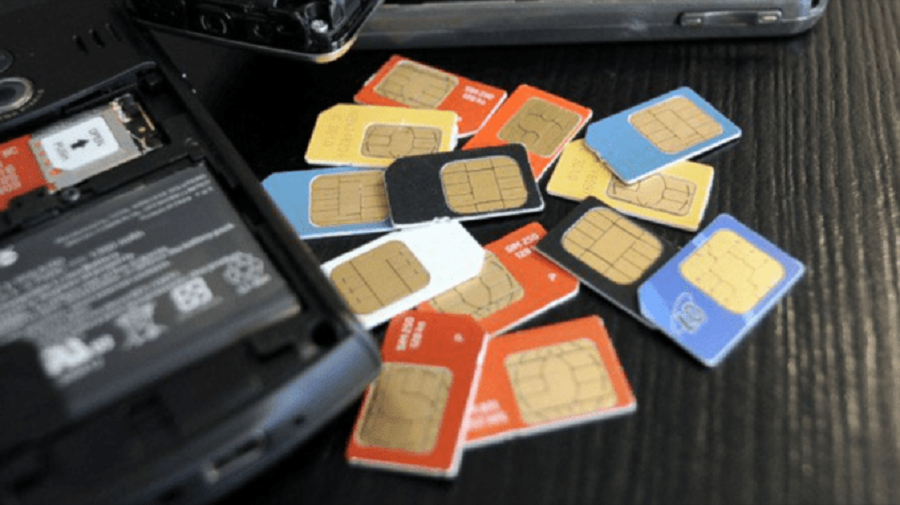Based on a news report, the Director General of the National Identity Management Commission (NIMC), Engr. Aliyu Aziz, indicated that the commission has currently captured 89 million unique NINs, with plans to capture more people, particularly in the remote areas of the country where partnerships with traditional institutions are required to reach the grassroots population. Beyond this, the commission is in the process of upgrading its database as the existing capacity is reaching its limit, currently at 89% utilization rate.
We recall that on 15 December 2020, the NCC mandated all mobile subscribers to submit their National Identification Number (NIN) to update their SIM card registration, putting 30 December 2020 as the initial deadline. Given the risk of disconnection of many subscribers, as many Nigerians had not enrolled by the initial deadline, the regulator extended the deadline on several occasions from January 2021 to February, June, July, October, December 2021 and finally, March 2022.
With the hope of ramping up the integration exercise, the telecoms regulator, the Nigerian Communications Commission (NCC) on April 4, 2022, ordered the barring of outgoing calls for telephone lines that had not complied the NIN-SIM linkage. Meanwhile, as of December 2021, NIMC had issued c.66 million unique NINs, and in April, 78 million NINs had been issued.
Currently, 89 million unique NINs have been issued and comparing that to 78 million unique NINs issued as of April when the barring of outgoing calls policy was made, it shows that the pace of registration remains slow. Hence, we believe the NIN-SIM integration exercise can only be hastened if the capacity of the NIMC is enhanced. Though the telecom operators have deployed NIN enrolment points across the country to ensure a faster exercise, the responsibility for verifying and generating NIN for subscribers still rests with NIMC, even after
being registered and uploaded by the telecom operators on the NIMC portal.
Just like we had posited in our 2022 Nigerian Economic and Financial Markets outlook (report titled: In Dribs and Drabs), the conversation around the NIN-SIM integration will continue through 2022 and beyond, if precedence is anything to go by. The telephone subscribers’ registration regulations issued in 2011 took many years to implement. On the other hand, the increasing incidences of criminal activities in the country such as financial crimes, kidnapping, banditry, armed robbery, and terrorism make the SIM-NIN integration exercise imperative.
These criminal activities leverage easy access to the national telecoms network. Mobile technology is increasingly being used in crime-fighting, as mobile phones have call history, contacts, text messages, web browser history, location information, etc. that provide critical information for crime fighters. Information contained in mobile phones can serve as a starting point for criminal investigations and provide subsequent leads.

















But we the enrollment officers remained unpaid for Good 9months.
Lets NIMC pay for us to work harder.